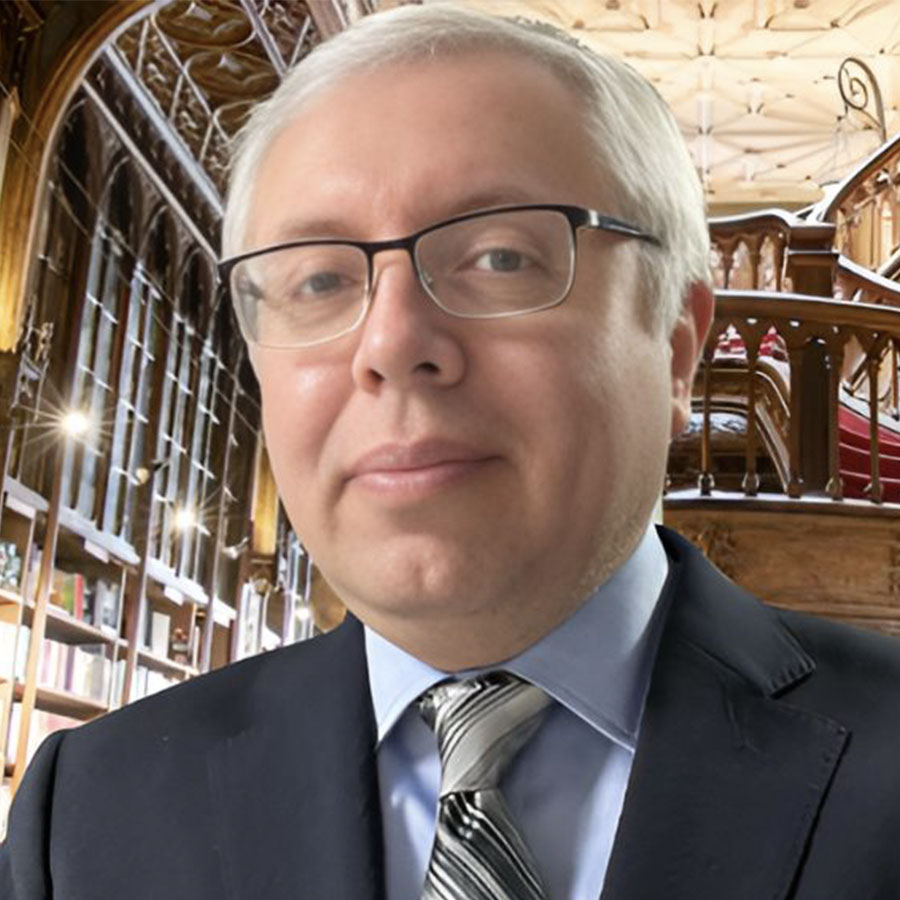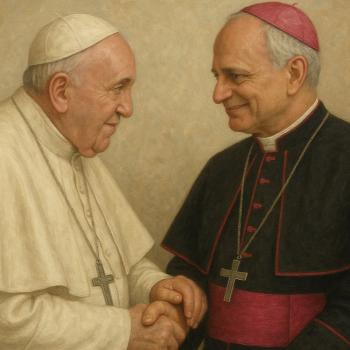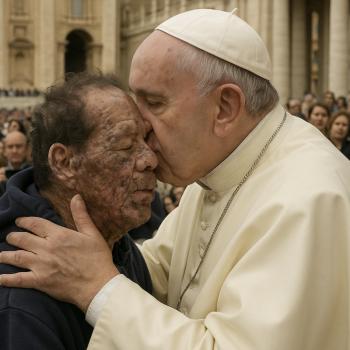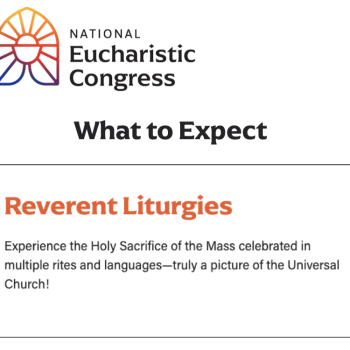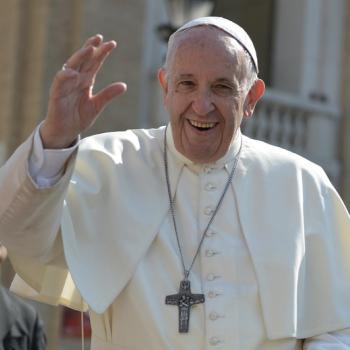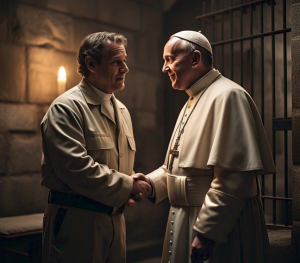
After 12 years of pontificate, Pope Francis could be remembered as the Pope of Mercy. His constant emphasis on this value has been one of the cornerstones of his message and his pastoral care. Throughout his pontificate, he has emphasized the importance of living mercy not only as a theological concept, but as a concrete and daily practice. This is reflected in various aspects of his teaching, his gestures and his way of guiding the Catholic Church. Already from his very first appearances on the balcony in St. Peter’s Square, for the prayer of the Angelus, the Pope urged us to go to confession, telling us that God does not get tired of forgiving us. It is us who get tired of asking him for forgiveness.
A Jubilee of Mercy
A key point of his pontificate was the institution of the Extraordinary Jubilee of Mercy, in 2015 and 2016, an event in which he made a global call to rediscover God’s mercy, both in personal life and in social relationships. That year he gave the all priests, and not only to the penitential ones, the faculty to lift the excommunication to those who confessed to having committed an abortion. Pope Francis has insisted that the Church must be a place of welcome and forgiveness. He has repeatedly spoken about the need to forgive others, even in situations of great suffering and profound offenses. For Francis, mercy is not only an attitude of God towards men, but also a command for believers: to be merciful like the Father, misericordes sicut Pater.
Thus, mercy is a principle that should guide all human actions and relationships. Throughout his papacy, Francis has made visible gestures of mercy, such as visiting the sick and the most needy, including those on the peripheries of society, such as migrants, the poor and prisoners. One of his most emblematic gestures has been washing the feet of prisoners on Holy Thursday, reflecting his constant invitation to live closeness and compassion with the most marginalized.
Mercy to transform the Catholic Church
For Pope Francis, mercy also implies a transformation of the Church itself. In his exhortation Evangelii Gaudium (The Joy of the Gospel), the one he wrote “with four hands” together with Benedict XVI —who was the one who initiated it—, Pope Francis speaks of an outgoing Church, which goes towards the peripheries of the world, not only in geographical terms, but also in terms of the most distant or wounded people, especially those who feel rejected or removed from faith. In addition, his constant call for greater pastoral openness, without losing the truth, is linked to mercy: giving space for conversion and repentance beyond the limits of the Church.
Francis has tried to inspire a worldwide culture of mercy, promoting a constant dialogue between different religions and working for peace in places of conflict. His encyclical Fratelli Tutti (We Are All Brothers) reflects this approach, since he proposes a global fraternity where mercy and mutual respect are fundamental to overcome divisions and build a more just and supportive world. On World Youth Day in Lisbon, Portugal, in 2023, the Pope said words that sowed many: “I would like to be clear with you, who are allergic to falsehood and empty words: in the Church there is space for everyone, for everyone in the Church, no one is too much, none is too much, there is room for everyone.”
Mercy to bless everyone
The Pope demonstrated a year later, just this past 2024, that he not only preaches words, but also performs works. Under his instructions, the Dicastery for the Doctrine of the Faith issued the doctrinal declaration Fiducia Suplicans, which allows people living in an irregular union of any kind to receive the blessing. The Pope did not change the doctrine of marriage at all with this; he could not, because God himself created the marriage reality. Therefore, this document, in just its third paragraph, makes it clear that it “remains firm on the traditional doctrine of the Church about marriage, not allowing any type of liturgical rite or blessing similar to a liturgical rite that can create confusion”.
That is, the Church does not have the power to bless an irregular couple to sanctify that union as if it were the sacrament of marriage. What priests can and should do is blessing each of the two people who are part of that couple, because, even when someone cannot receive a sacrament, such as communion, absolutely everyone needs God’s blessing. And that’s why we can receive it, as we all do, regardless of our moral situation, at the end of each mass.
How is anyone going to overcome their human failures if it is not with the grace of God? Hence the need to receive God’s blessing when you are in the fight. But this cost the Pope the criticism and mockery of many who tore their garments. Nothing new: he is the Vicar of Christ, and the same thing happened to Christ himself. If something made the Pharisees of that time upset and furious, it was the mercy of a rabbi who sat at the table with the worst sinners —and even worse, that even forgave them! In the same way, the mercy that Pope Francis teaches and dispenses makes his fiercest critics rage, once and again, being either lay people, priests and even some bishops alike.
A fisherman who sails through difficult waters
Pope Francis has been the most criticized, slandered and attacked in history. This is because, to complicate things, he had to sail St. Peter’s boat among the waters of social media, which on the one hand are a spring of crystal clear waters, but on the other, a bitter naval battle that encourages many who, hidden behind the frigates of anonymity, the aircraft carriers of a keyboard or the ships of a screen, have the guts to offend in ways that they would never be able to do it in person before the Holy Father.
Jesus was the Messiah of Mercy; Pope Francis, his Vicar, is the Pope of Mercy. In that speech to the youth gathered in Lisbon, Francis pointed out, “In the Church there is a place for all, and that is the Church, the mother of all. There is room for everyone, the Lord does not point with his finger, but opens his arms. It is curious, the Lord does not know how to do that, but does this: he embraces us all, shows us Jesus on the cross, who so much opened his arms to be crucified and die for us. He never closes the door, never, but invites you to come in. Come in.”
The third of a peculiar trilogy of popes
A priest follows a specific formation program. When he is a seminarian, first philosophy, then theology, and finally he practices pastoral care for a while. In God’s providence, the Church of the Second Vatican Council, in which we have had to live, enjoyed several years of the pontificate of a philosopher of the highest caliber, Carol Wojtyla (St. John Paul II). Then, God wanted to give us the theological instruction of the best of our times, Joseph Ratzinger (Benedict XVI). After training us in philosophy and theology, like the seminarians, God has given the Church a master of pastoral care: Jorge Mario Bergoglio, Pope Francis, the Pope of Mercy.
This trilogy of post-conciliar Popes and the formative sequence they represent for the Church is something that we should not overlook. It is something for which we must thank God.
12 years after the beginning of the pontificate of our dear Pope Francis, let us pray for him with all our strength, because since the first hour of his pontificate, he’s been asking us to do so.


